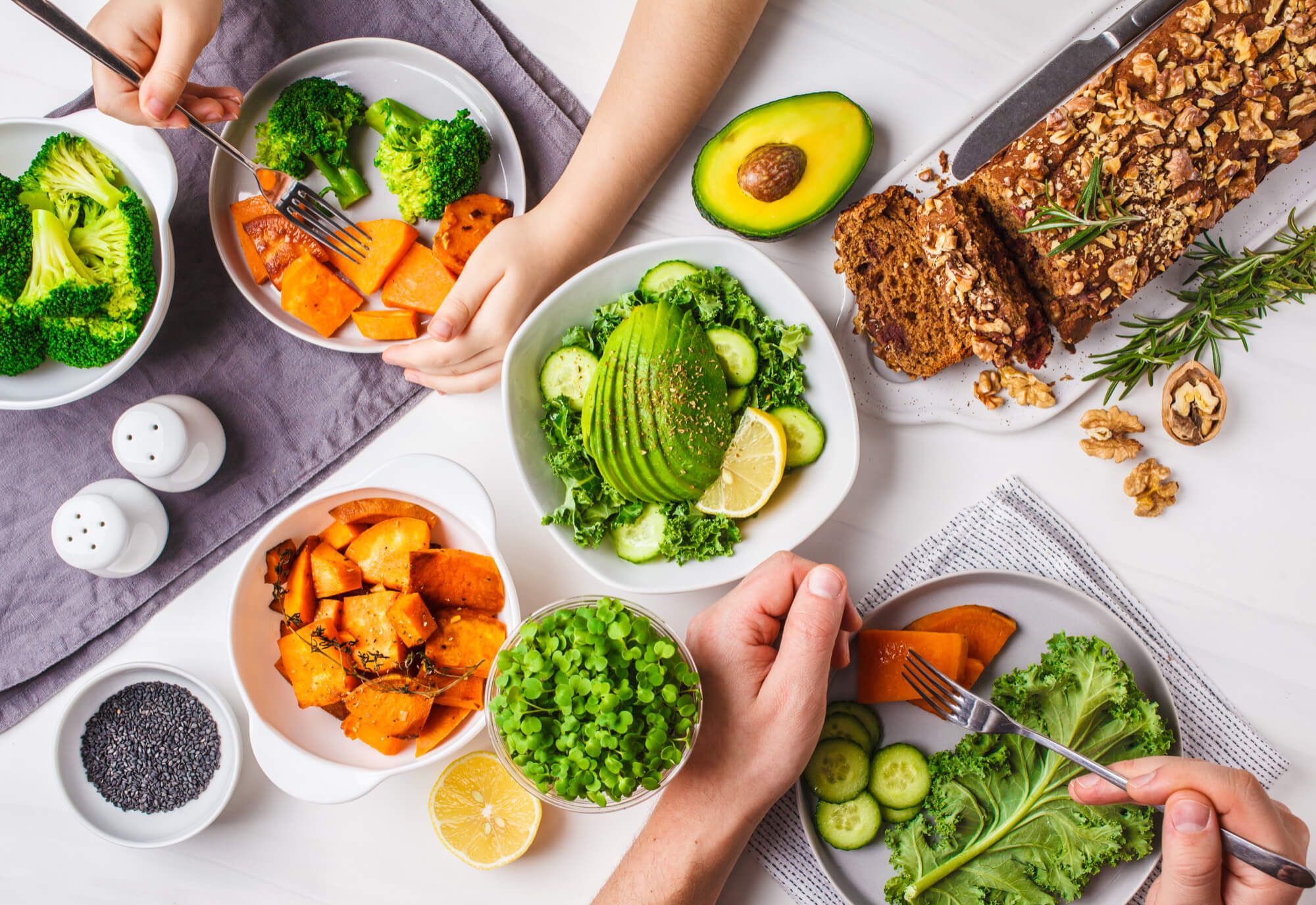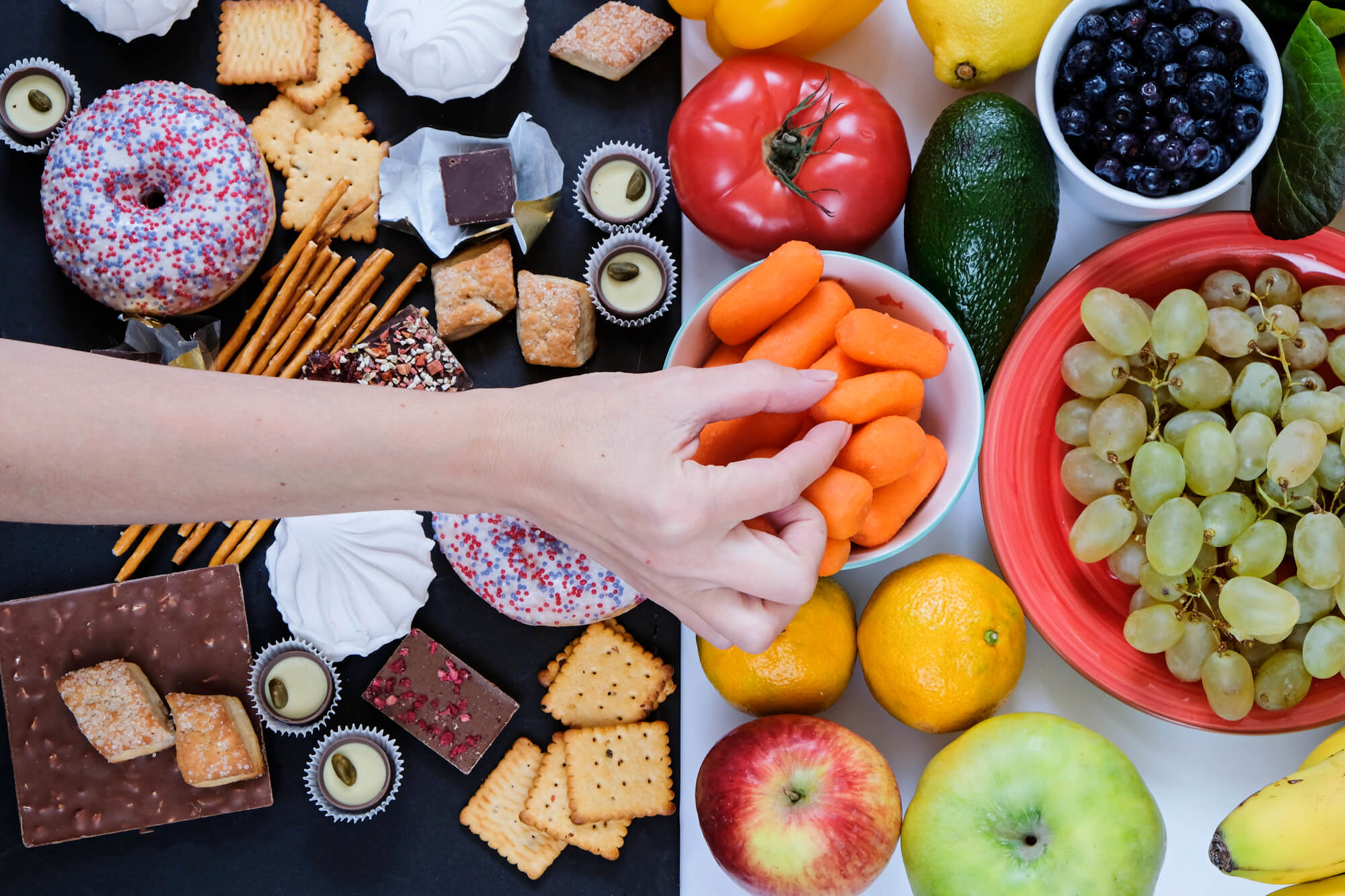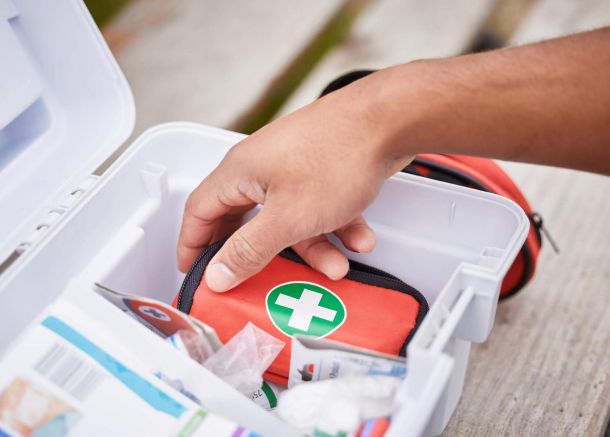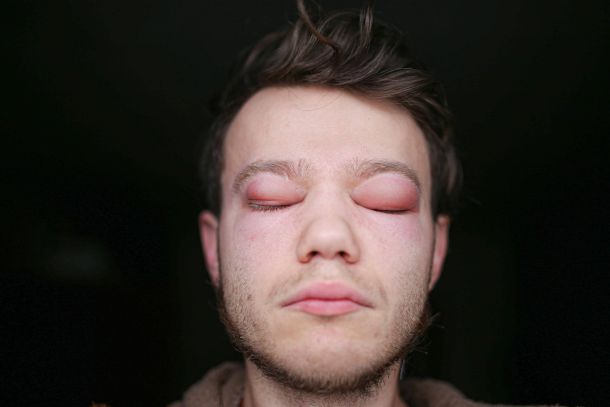Optimal diet for Quincke's edema: tips and advice


Irina Makarova
Modern medicine offers a comprehensive approach to the treatment of Quincke's edema, where one of the key places is the correct diet. Let's look in detail at the specifics of a diet for Quincke's edema and how to make the right menu.
Importance of the Diet for Quincke's Edema
The diet for Quincke's edema in adults plays an essential role in maintaining the patient's health. Most cases of Quincke's edema are associated with allergic reactions, which is why the diet should aim to minimize contact with possible allergens. A properly chosen diet not only reduces the risk of edema, but also promotes rapid recovery after an attack.
Principles of diet for Quincke's edema
Balance of proteins, fats, and carbohydrates
A balanced diet is the most important principle of the Quincke's edema diet. Your menu should contain sufficient proteins, fats and carbohydrates. It is important to choose proteins and carbohydrates of non-animal origin: fish, buckwheat, rice and vegetables. Fats should come from vegetable sources, such as olive oil or avocados.
Vitamins and minerals to improve the condition
When formulating a diet for Quincke's edema in adults, menus should be enriched with foods rich in vitamins and minerals. Vitamin C and zinc improve the immune system, B vitamins support the nervous system and magnesium and calcium normalize metabolism.
The role of water and hydration
An important element of the diet is an adequate amount of fluids. Water helps to eliminate toxins from the body and also hydrates the mucous membranes, which is especially important for Quincke's edema. It is recommended to drink at least 1.5-2 liters of water a day.
Foods for the Quincke's Edema Diet

List of recommended foods
The following foods should be included in the diet for Quincke's edema:
- White rice and buckwheat. They are rich in carbohydrates and do not cause allergies.
- Turkey and rabbit meat. These are dietary meats that are low in fat.
- Vegetables and fruits. Green and yellow vegetables are especially beneficial, as well as apples and pears.
- Fish and seafood. It is better to choose low-fat varieties.
- Nuts and seeds. They are rich in vitamins and useful micronutrients.
Products to avoid
The following foods should be excluded from the diet for Quincke's edema:
- Citrus fruits and tropical fruits. They can cause an allergic reaction.
- Red meat and by-products. They are difficult to digest and may provoke edema.
- Dairy products. Many people are lactose intolerant.
- Chocolate, coffee, alcohol. These foods can provoke an allergic reaction.
Examples of Menus
- Breakfast: Turkey omelette with vegetables.
- Lunch: White rice soup with vegetables.
- Dinner: Baked fish with vegetables.
Diet after Quincke's edema
After a Quincke's edema attack, the diet must be maintained for at least two weeks. This time is necessary for complete recovery of the body. Then you can gradually introduce other foods into the diet, observing the reaction of the body.
If in any doubt, always consult your doctor. Do not forget that only a doctor can properly choose the treatment, which will include not only the diet, but also taking the necessary drugs. Such drugs may include antihistamines (e.g., Cetrin, Suprastin), glucocorticoids ("Prednisolone") or drugs to relieve edema ("Furosemide").
Proper diet is one of the key factors in the treatment and prevention of Quincke's edema. Adherence to a diet will help reduce the risk of an allergic reaction and speed up the recovery process. In addition, it is imperative to consult with your doctor and take the medications he prescribes. Take care of your health!
New materials
Popular Articles
We recommend reading
Contact us in the Contact Us section to ask questions, offer ideas, or for more information about our allergy resource.
Our articles are your trusted source of allergy knowledge. Learn how to make life with allergic reactions easier on our specialized portal.
©
Lechenie-Allergii.com. All rights reserved.
© Lechenie-Allergii.com. All rights reserved.
The information on this site is for informational purposes only and is not a substitute for professional medical advice. We recommend consulting with qualified medical professionals for accurate information and advice.
 English
English  Українська
Українська  Русский
Русский 









